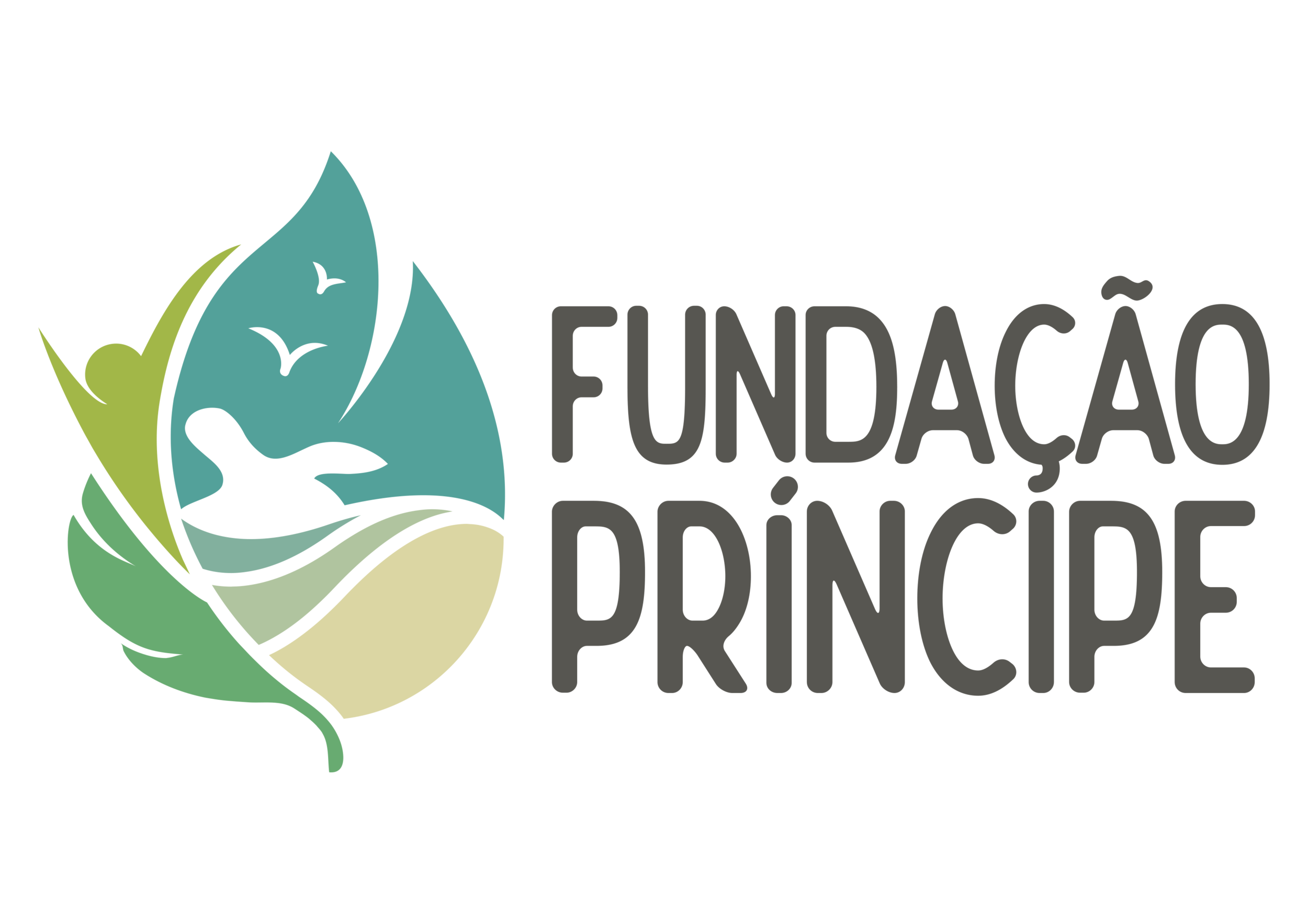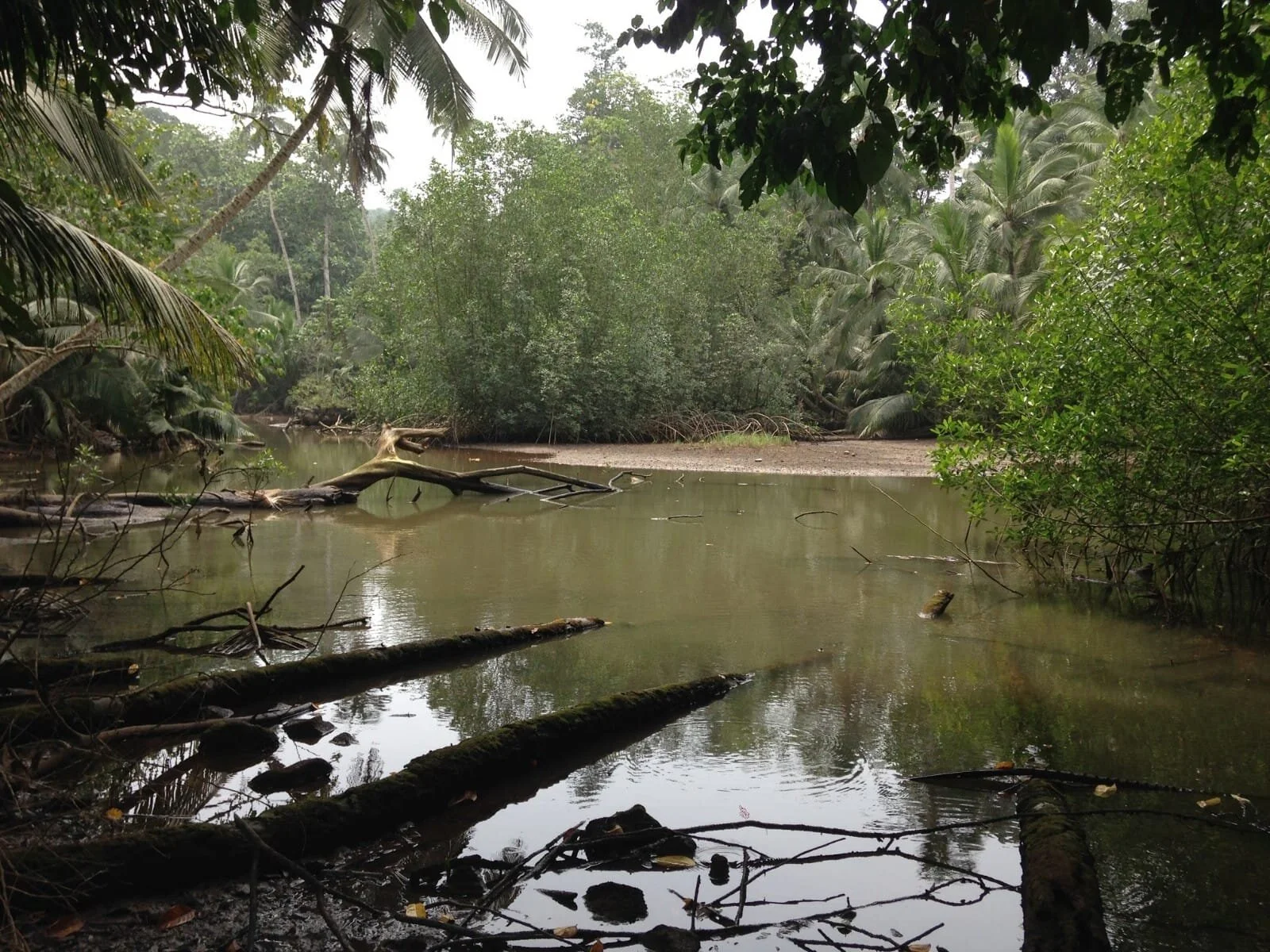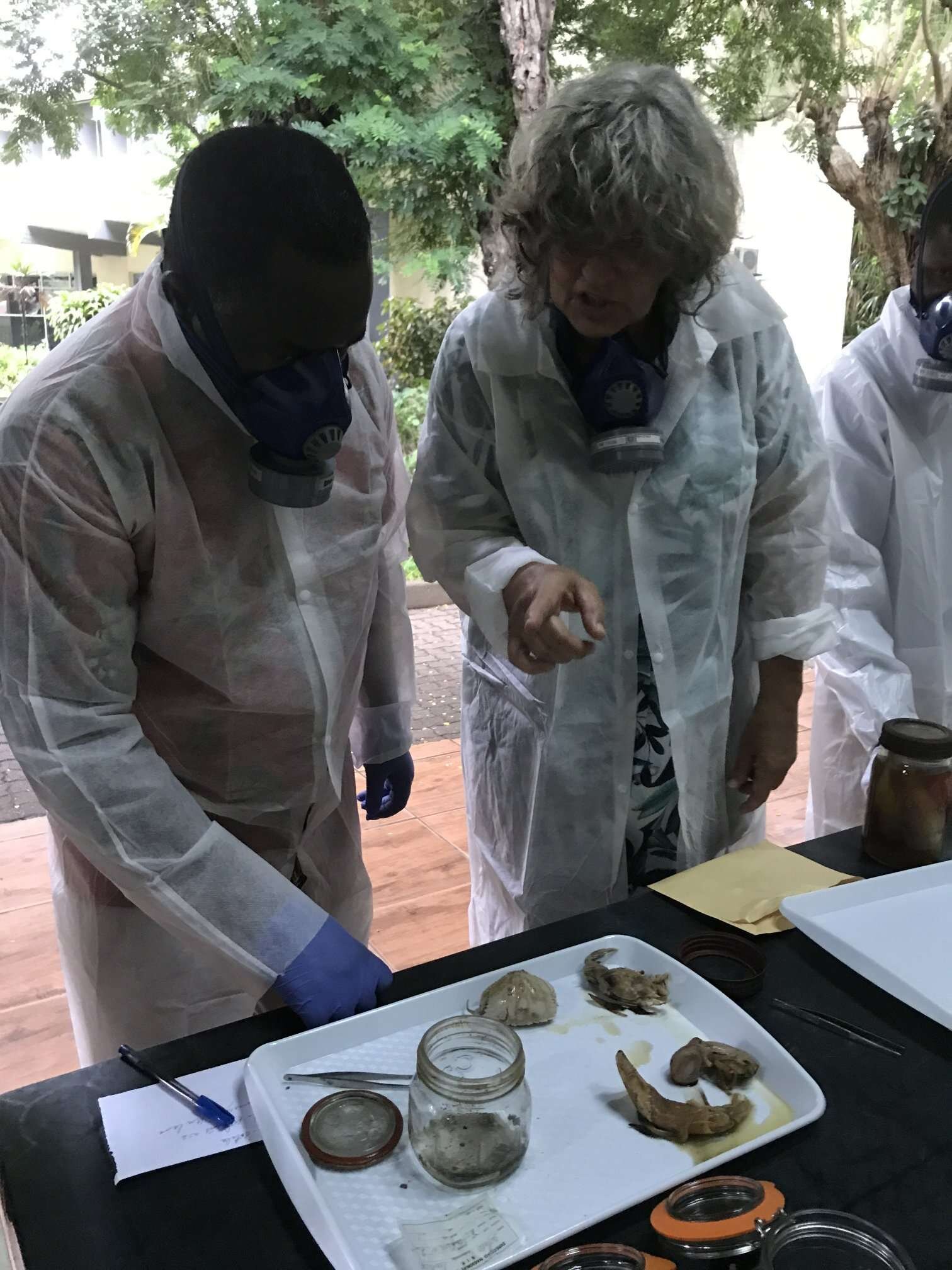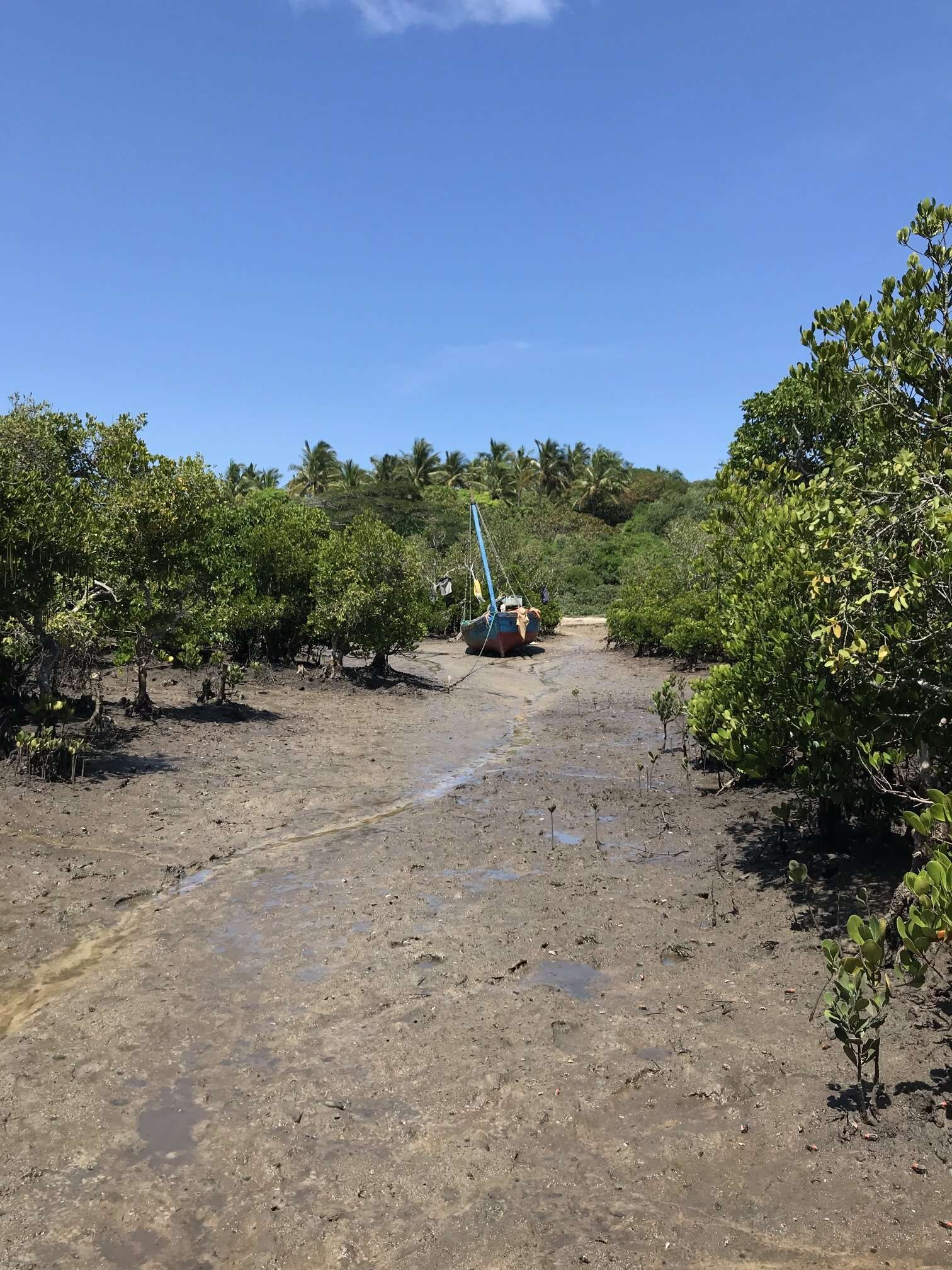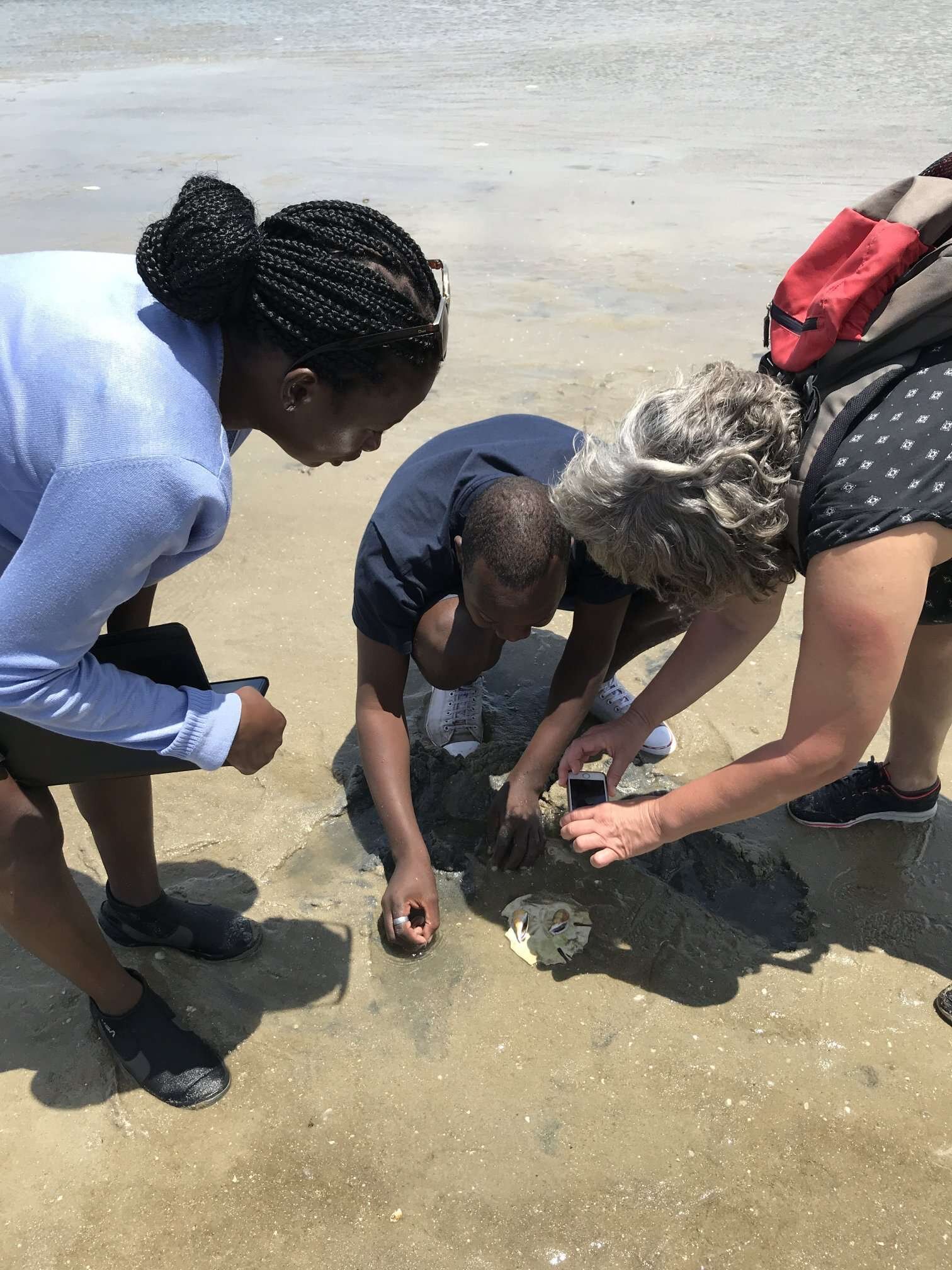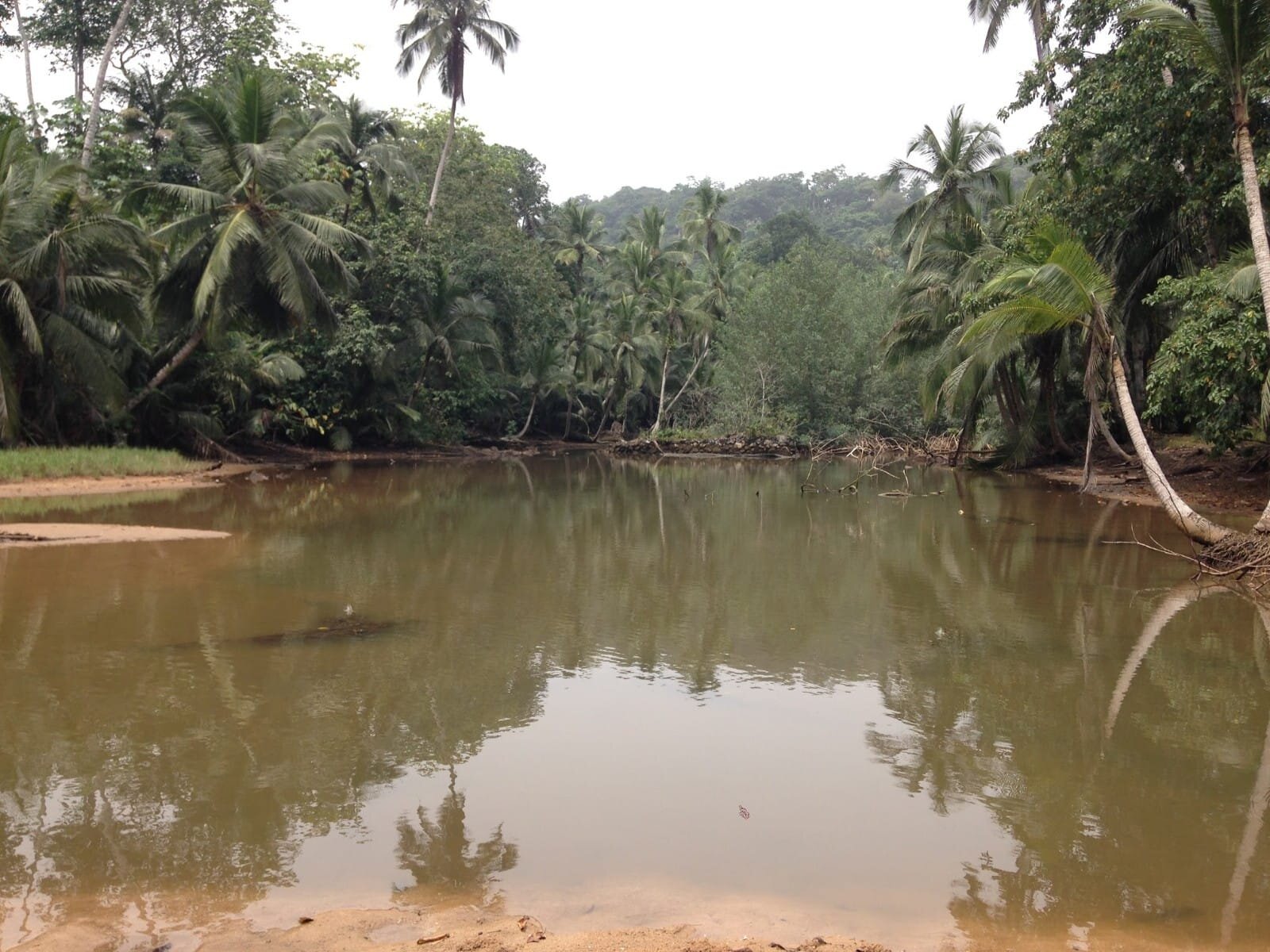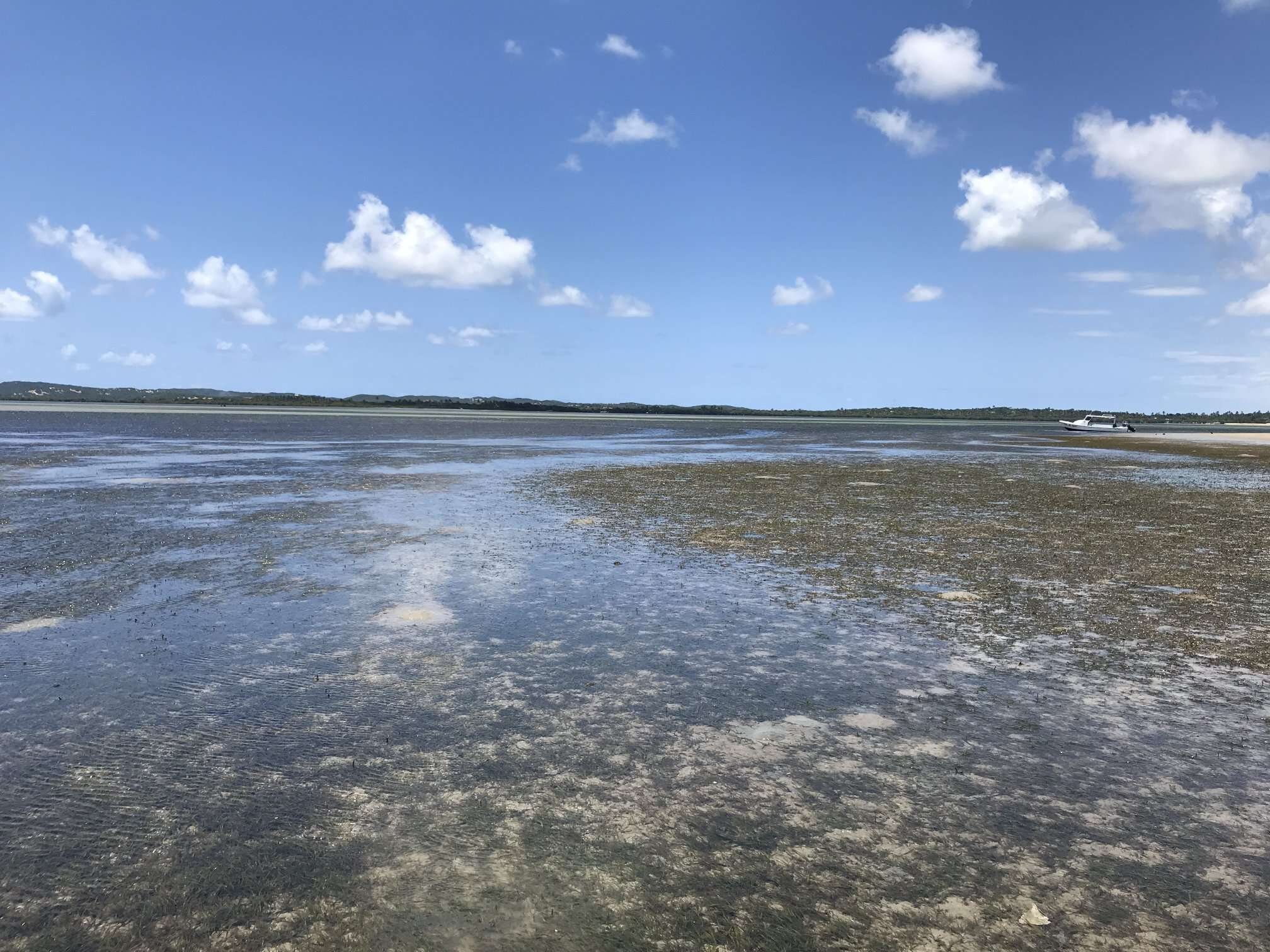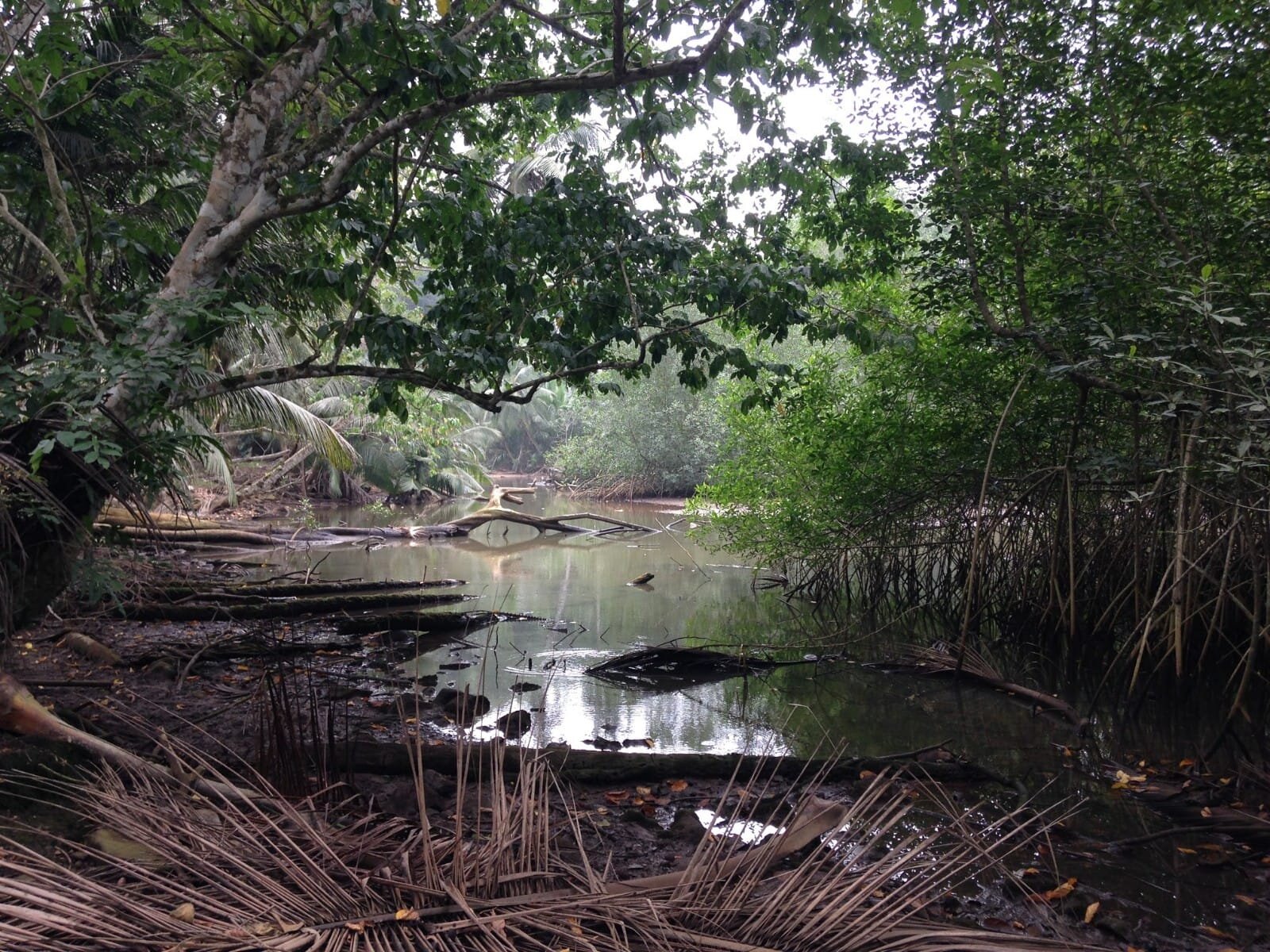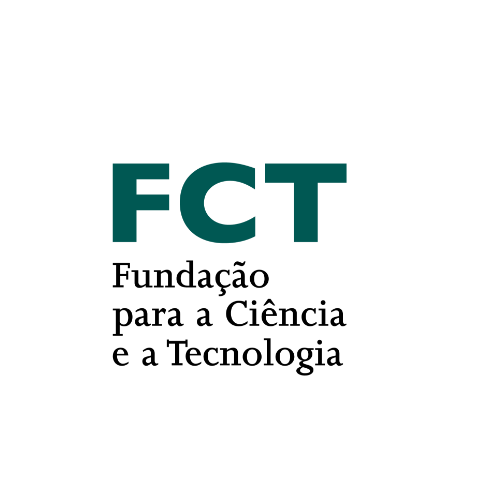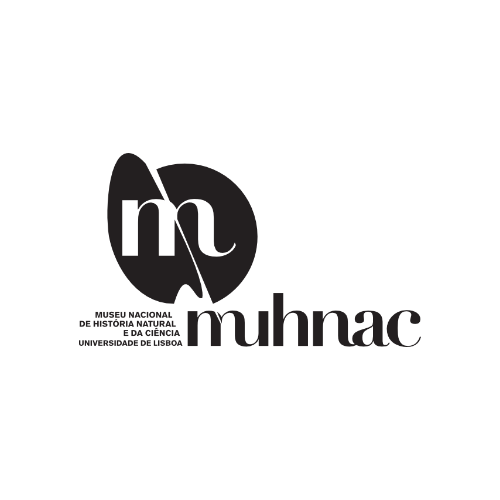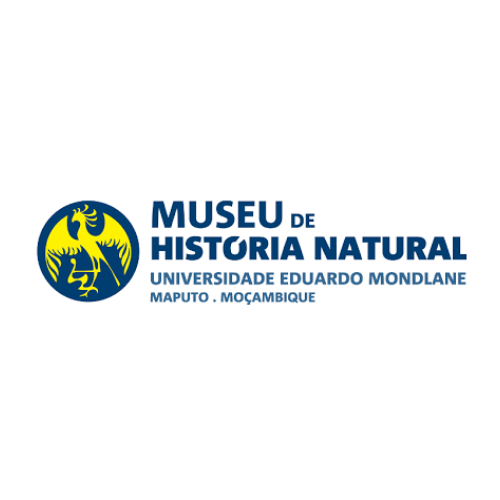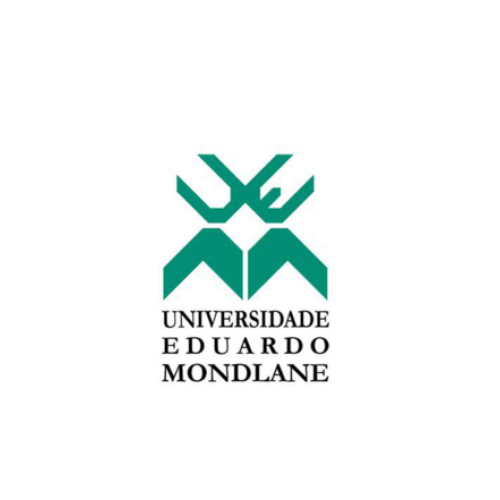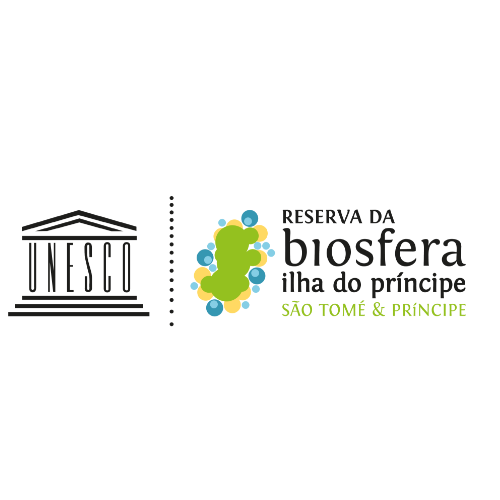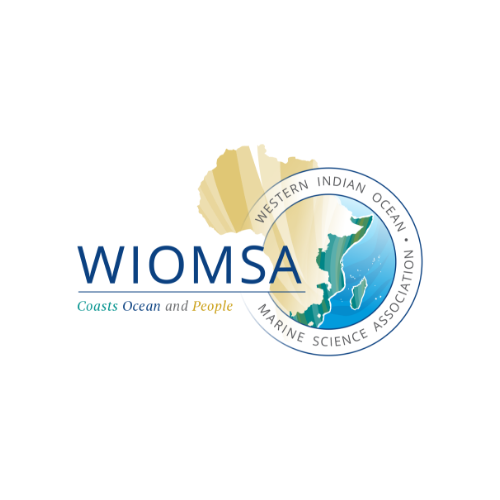The COBIO-NET project is examining coastal marine biodiversity and food security in peri-urban areas. It aims to prevent biodiversity loss and ensure the stability of food sources for coastal communities through research, capacity building, awareness, and creation of a collaborative network between the Indian and Atlantic oceans.
© Fundação Príncipe
Context:
The coastal ecosystems of Sub-Saharan Africa are an important source of food resources and other services for local communities, but their biodiversity and the ways in which they are used is often poorly understood. In Príncipe, mangrove forests and rocky shores are strongly linked with artisanal resource extraction and improving understanding of these ecosystems is a recognised conservation priority.
This project draws together an international team to focus on the coastal ecosystems of Maputo, Mozambique, and Santo António, São Tomé and Príncipe. These locations were strategically chosen to allow comparisons between the Indian and Atlantic oceans, and to build a trans-African collaboration with strong local links.
Main activities include:
Local training courses on the assessment, management, and restoration of mangroves;
Local training courses on coastal biodiversity survey methodologies;
Local training courses on the management of natural history collections;
Engagement with coastal communities through workshops;
Funders & partners
You can visit here the official website of the COBIO-NET.
